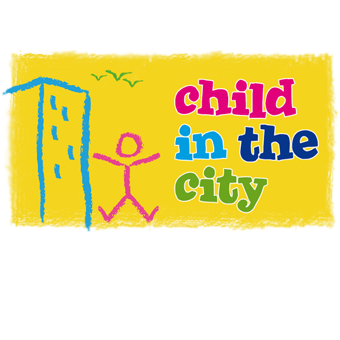Webinar replay
Missed this event? Watch the replay of all plenary sessions:
The seminar started on Monday 6 November in the afternoon (13.00) with a plenary session and keynote presentations from three eminent speakers. Next, two parallel sessions took place until approximately 17.30. After that a cocktail reception took take place as well as an optional networking dinner.
The second day (Tuesday 7 November) started with two field trips. The programme finsihed in the afternoon with a plenary session again.The programme took place at the Goldsmiths University, London UK. See below the entire programme outline.
Day one – 6 November
- 12.00 start registration at Goldsmiths, University of London
- 13.00 start keynote sessions at lecture room Goldsmiths, University of London
- 15.30 start two interactive parallel sessions, with each session featuring 3 or 4 speakers. You can choose to attend one of the below parallel sessions:
- Parallel session one: Places to Play
- Parallel session two: Playable space
- 18.30 cocktail reception
- In the evening (19.00 onwards) there is an optional networking dinner at The Rose Pub
Day two – 7 November
- 08.30 registration at Goldsmiths. University of London (registration time depends on the field trip you choose)
- 09.00 field trips. There are two field trips to visit and gain practical insights from relevant projects and play grounds in East London. You can choose to be part of one of the below field trips:
- Walking tour of small, multifunctional, playable public spaces and a regional park in a diverse East London borough
- Walking tour Deptford – Where Children Play in a Changing Environment
- 12.45 lunch at Goldsmiths, University of London
- 13.15 start plenary session and synopsis on the parallel sessions and field trips by the moderators of the sessions
- The programme will be closed by the president of the ENCFC around 15.30
Webinar replay
Missed this event? Watch the replay of all plenary sessions:
Main theme
With the seemingly ever-growing dominance of traffic and commerce, increasing urban populations, economic pressures on public space, and austerity policies leading to the closure of many playgrounds and youth clubs, it has never been harder for children and young people in the modern city to find somewhere to play or meet with their friends.
The outside world of the urban landscape is widely considered unsafe for younger children while teenagers themselves are often viewed as a threat to public order. Yet the freedom to enjoy their own play and recreation, to participate with their peers in the cultural and social life of their neighbourhoods, towns and cities is a human right for all children and young people, recognised in international law. This second Child in the City international seminar will look at some of the latest research on children’s play and young people’s culture in the modern city and its relationship to health and wellbeing trends.
The seminar will consider policy options and explore good practice examples –through presentations from around the world and field trips to projects in London – on how different cities are addressing this most quintessential of children’s rights: to grow up in a community that recognises and supports their need to play and be with their friends – without adult pressure or agendas, but within shared, intergenerational urban landscapes that allow the whole community to thrive.
Webinar replay
Missed this event? Watch the replay of all plenary sessions:
Subtheme’s parallel sessions
There will be two broad themes for the seminar, with parallel sessions exploring each of them. These will be places to play and playable space.
Places to Play
In the places to play strand of the event we will explore the significance of dedicated play areas and projects for children and young people; supervised and unsupervised. Fixed equipment playgrounds and staffed adventure playgrounds – as well as many kinds of out-of-school play and youth projects – all have a rich tradition in London and the UK, where playwork emerged as a unique new profession dedicated solely to supporting and facilitating children’s play.
This strand of the event will look at the current context for play provision in the modern city, in the UK and around the world, and seek to identify trends and opportunities for the future.
Playable space
It is now widely recognised that no matter what quality of dedicated play provision is offered to children and young people, our towns and cities must become more broadly child-friendly and ‘playable’. Housing, residential streets and estates, transit routes, parks and public squares must each be planned and designed with an awareness of children’s need to play in the common spaces of their neighbourhoods and communities.
The playable space strand will consider how play principles can better inform urban planning, architecture and landscape architecture, transport and traffic management – the whole infrastructure of the built environment – to enable the toddler, the child and the teenager in the city to truly enjoy their right to play.
Webinar replay
Missed this event? Watch the replay of all plenary sessions:
